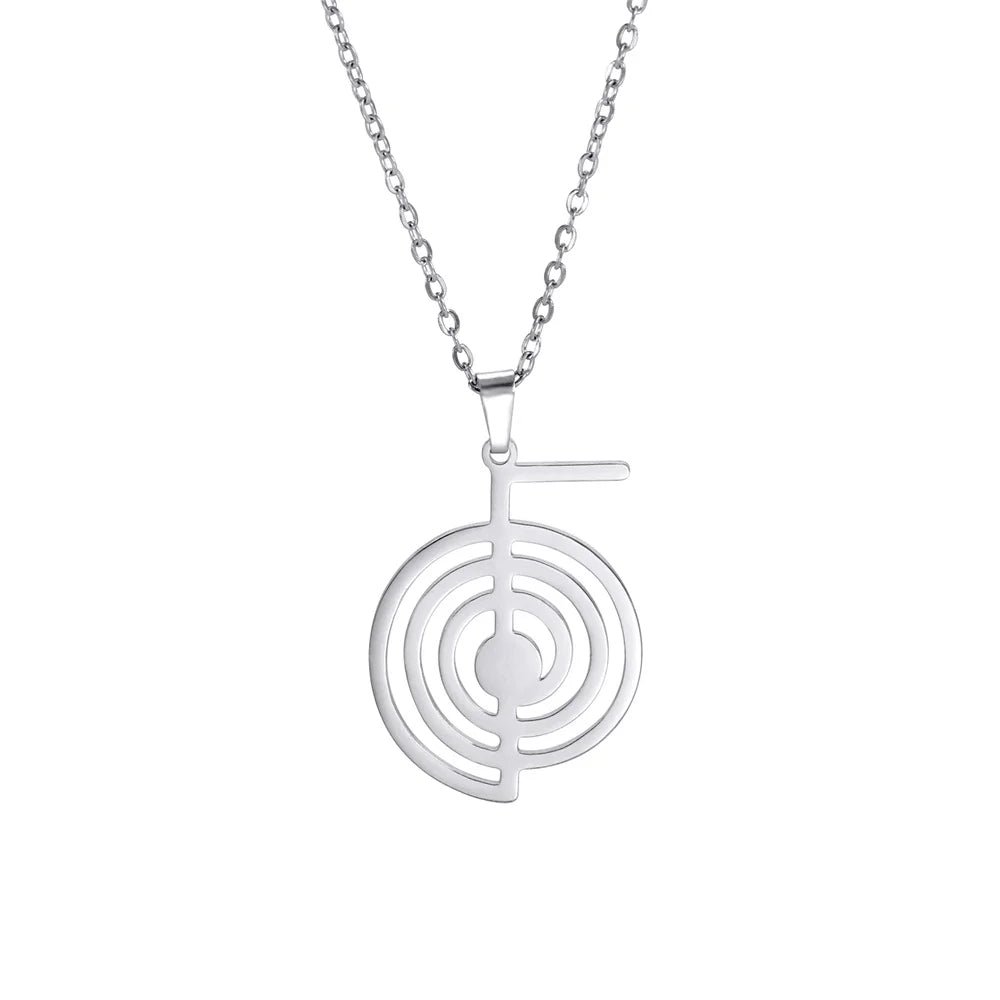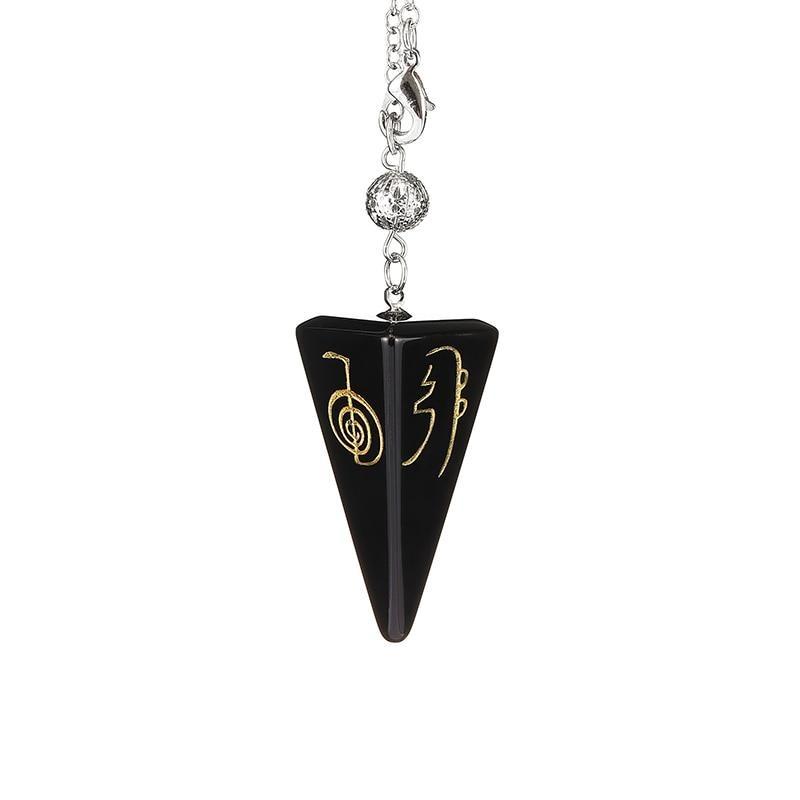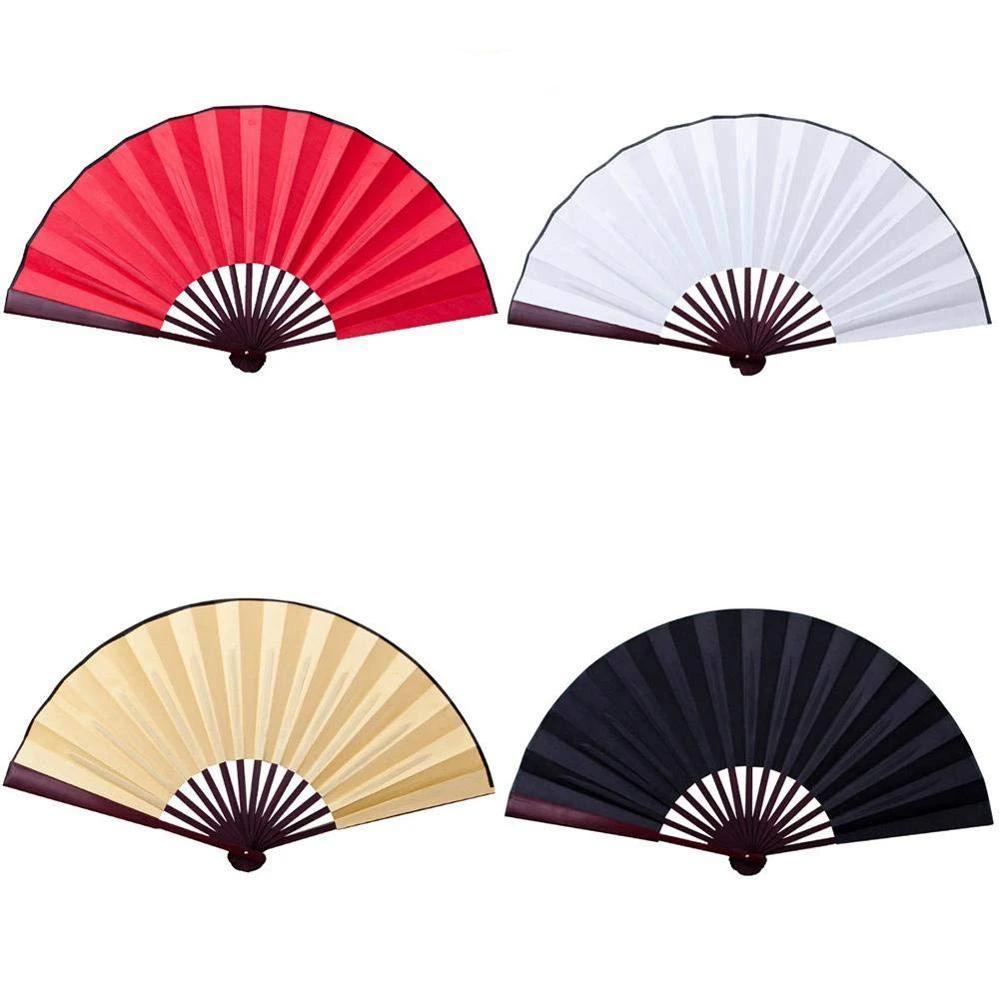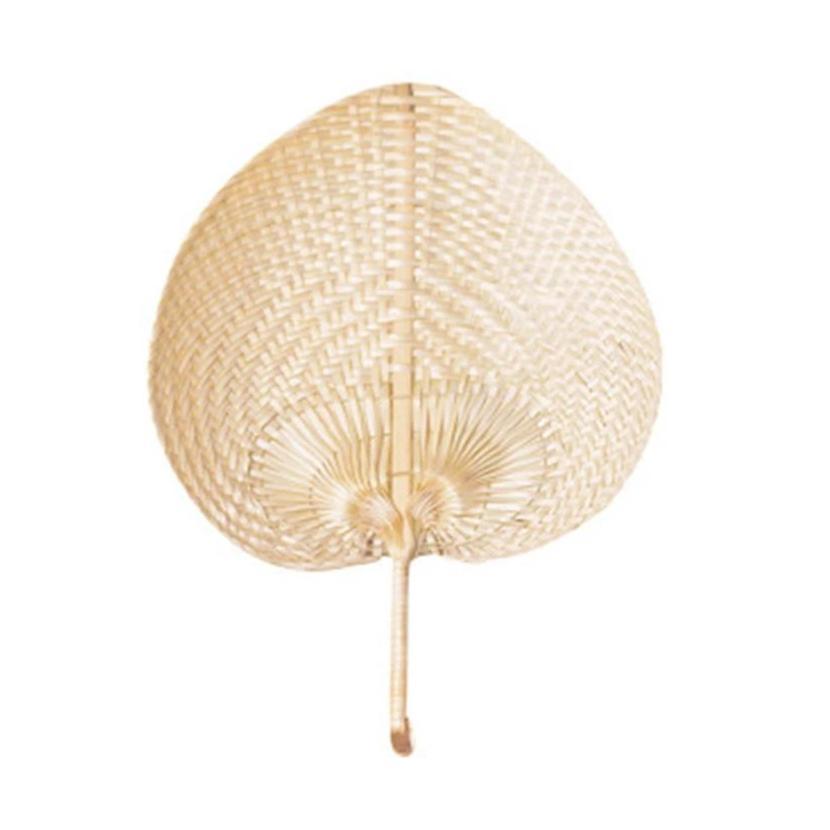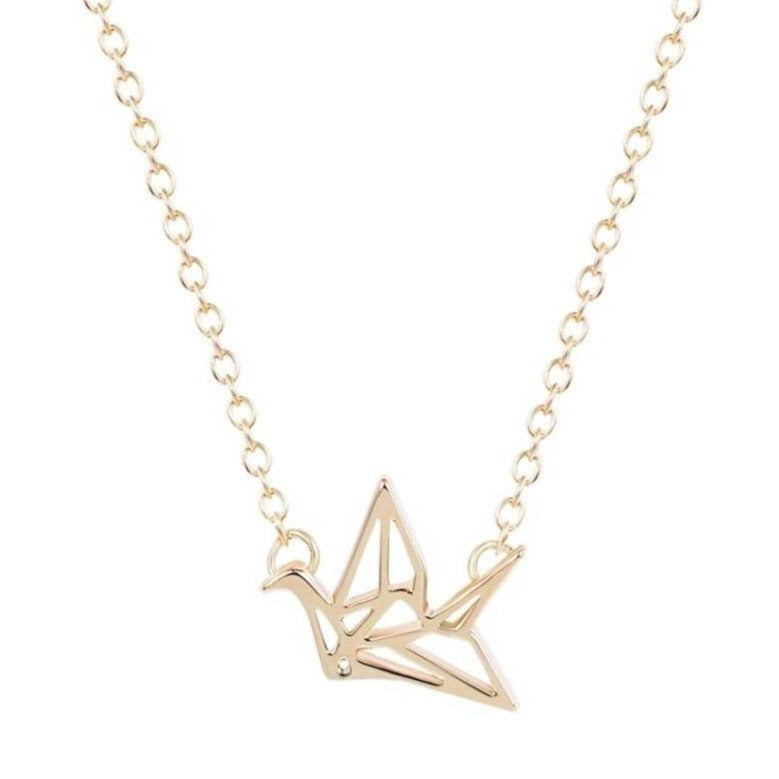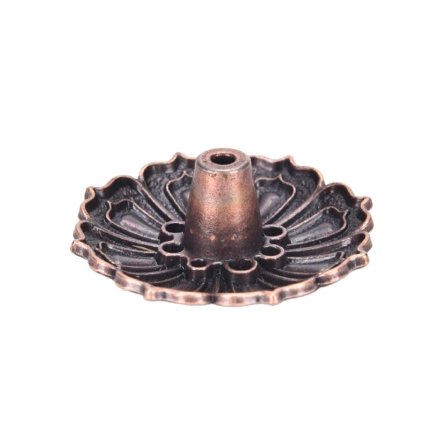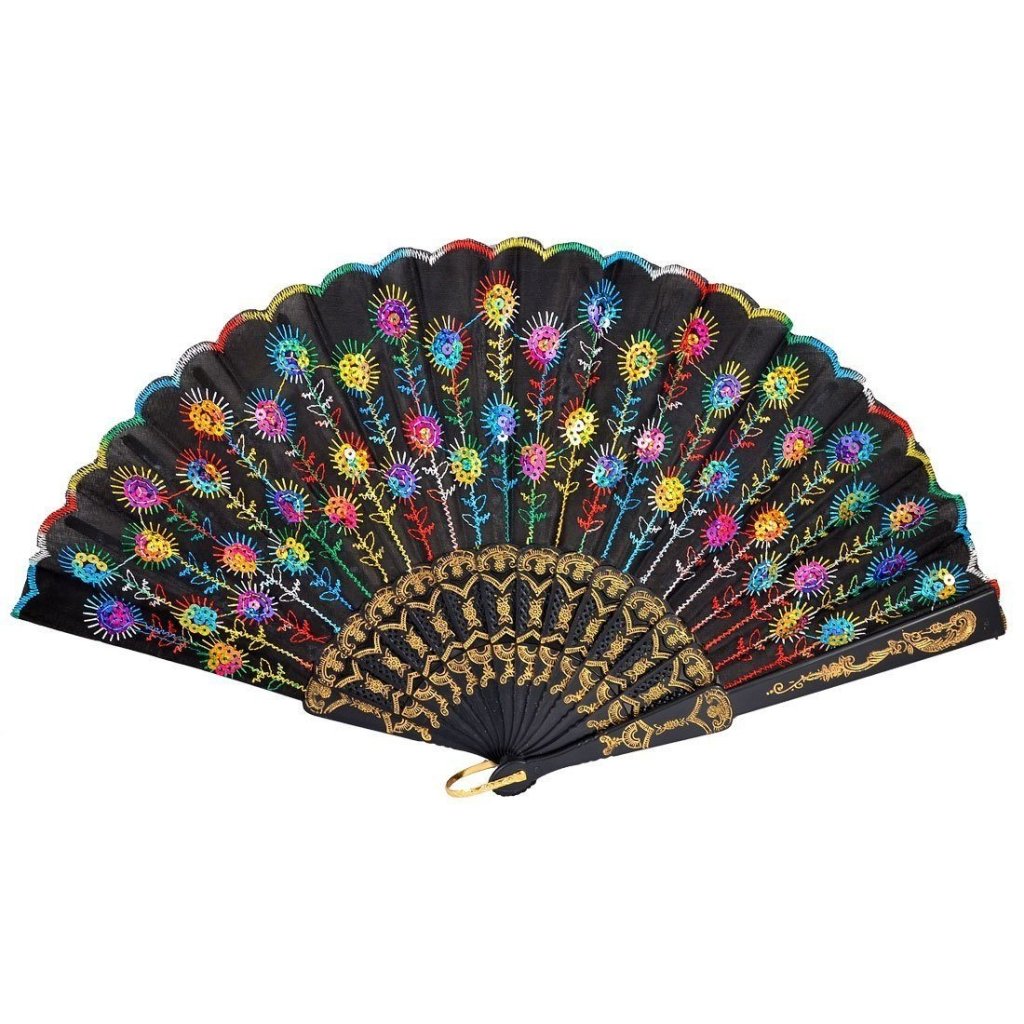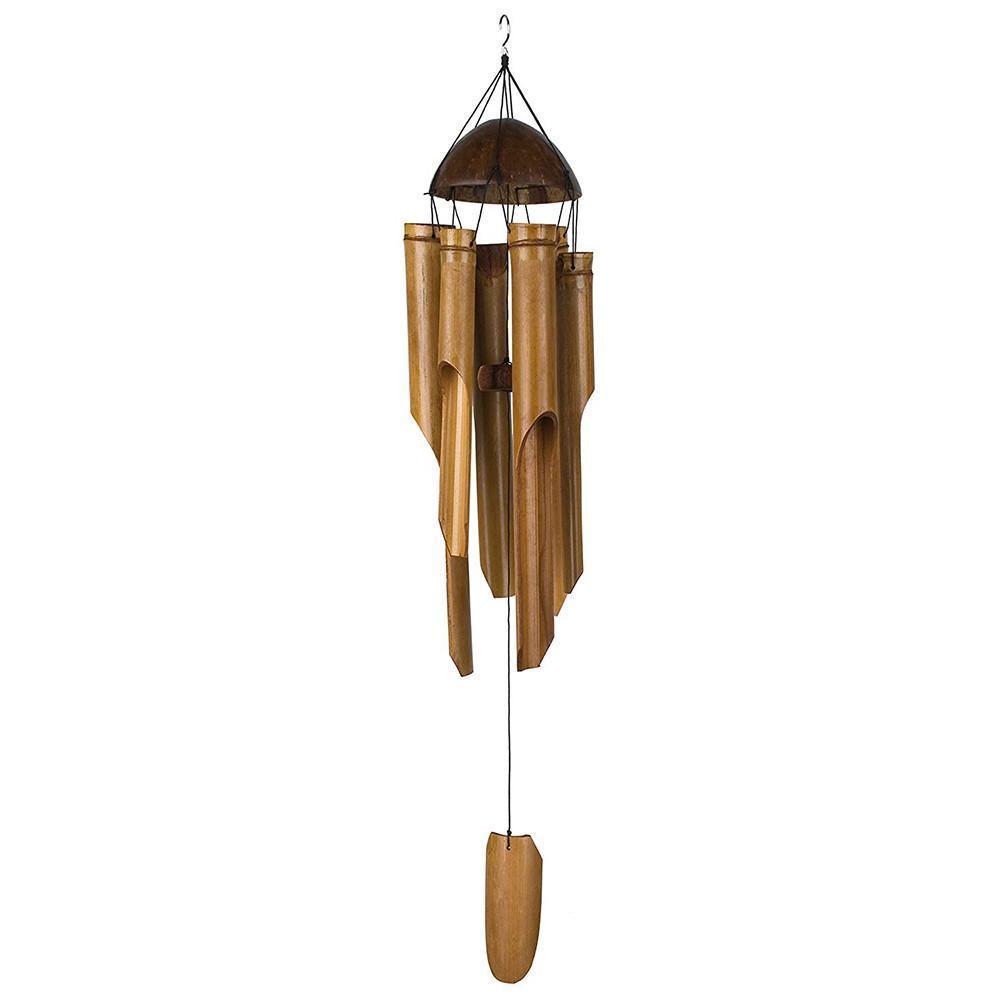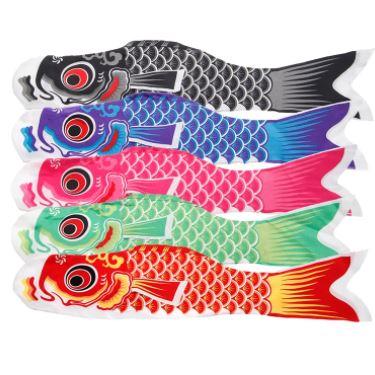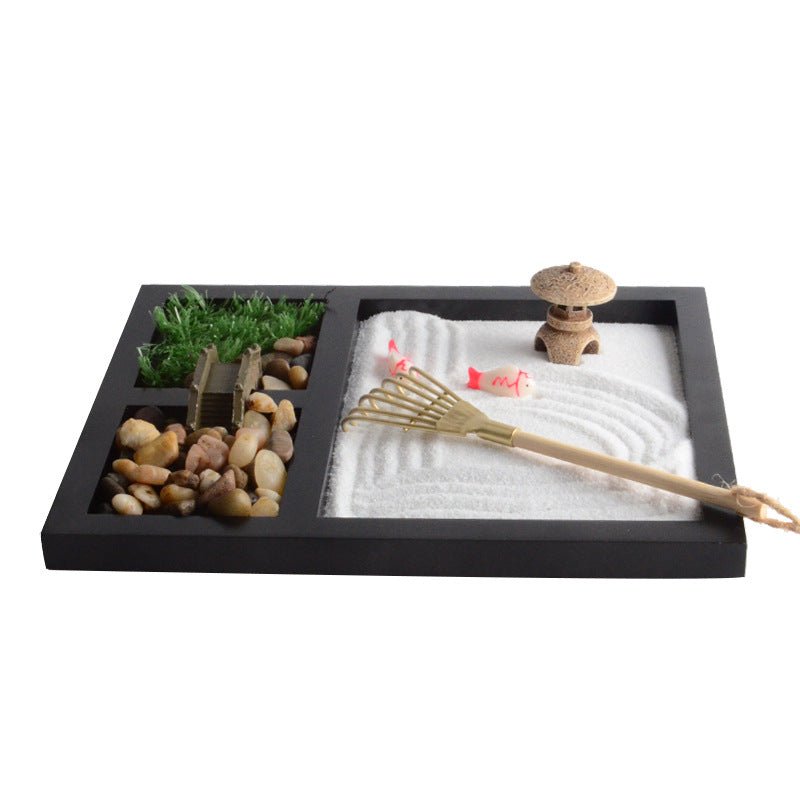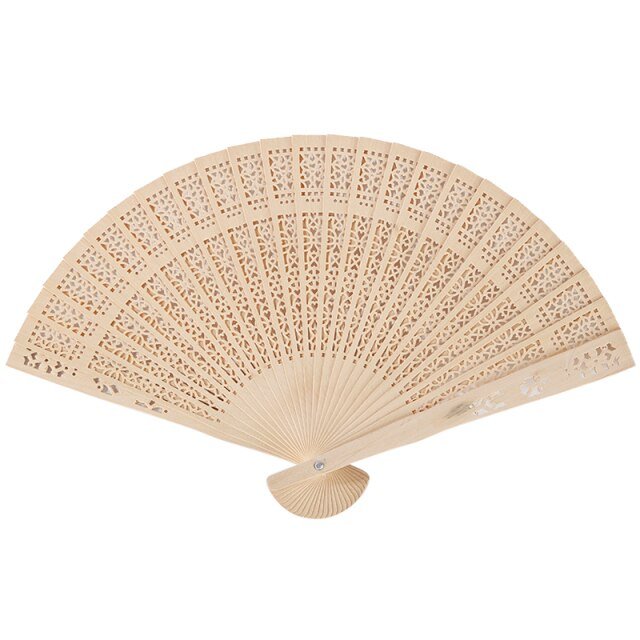Principles, way of life or simple state of mind, there are multiple ways of understanding Japanese Zen. His lucky charms too.
Zen is a concept closely linked to Japan. This term actually designates a very particular branch of Buddhism in which meditation constitutes the heart of the movement. Indeed, particular attention is paid to this practice, which is then designated by a particular name: zazen. You should know that Japanese Zen meditation is excessively ritualized.
In any...
See more
Voir plus
Principles, way of life or simple state of mind, there are multiple ways of understanding Japanese Zen. His lucky charms too.
Zen is a concept closely linked to Japan. This term actually designates a very particular branch of Buddhism in which meditation constitutes the heart of the movement. Indeed, particular attention is paid to this practice, which is then designated by a particular name: zazen. You should know that Japanese Zen meditation is excessively ritualized.
In any case, these few objects and symbols from Buddhism will undoubtedly help you understand part of the essence of Zen.
Over time, the meaning of the word "zen" has evolved to encompass a way of life, a set of principles, and even a certain aesthetic. It is from this perspective that we can describe a lucky charm as zen.
What characterizes this current is a meticulous search for harmony which often results in great beauty. Whether it is the way of arranging space or the creation of objects as such, many common points can emerge from Japanese Zen : choice of materials and shapes or here, associations between particular lucky charms.
In fact there are two types of harmony that we can distinguish. Aesthetics is one. The other is undoubtedly more subtle.
When we bring together several elements whose senses and powers are powerful, we must be careful to maintain a certain balance.
These are almost unique abilities that are given to these lucky charms from Japan, and it is precisely in this that Japanese Zen particularly interested us.

